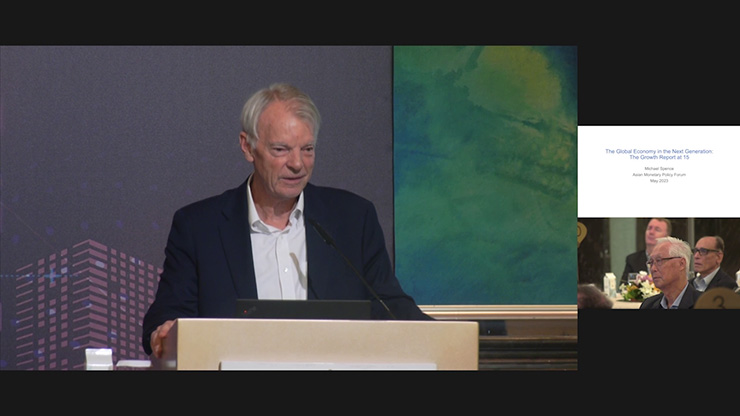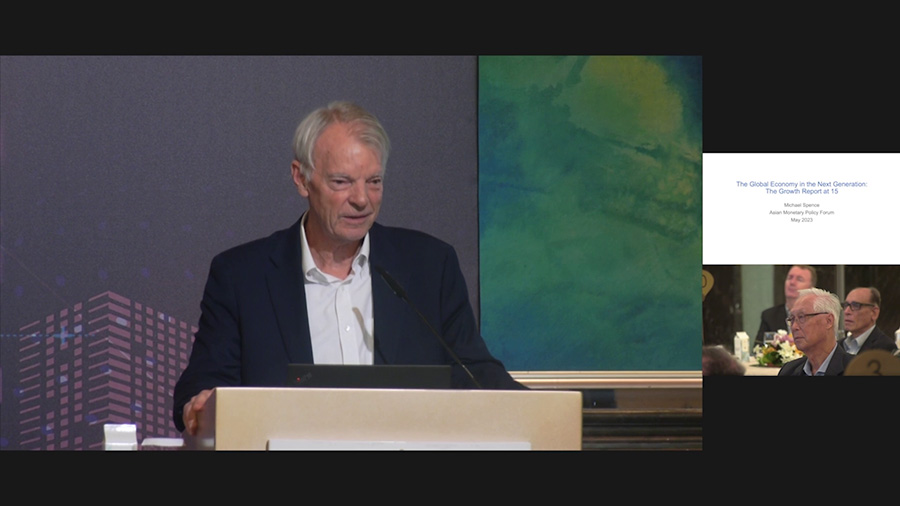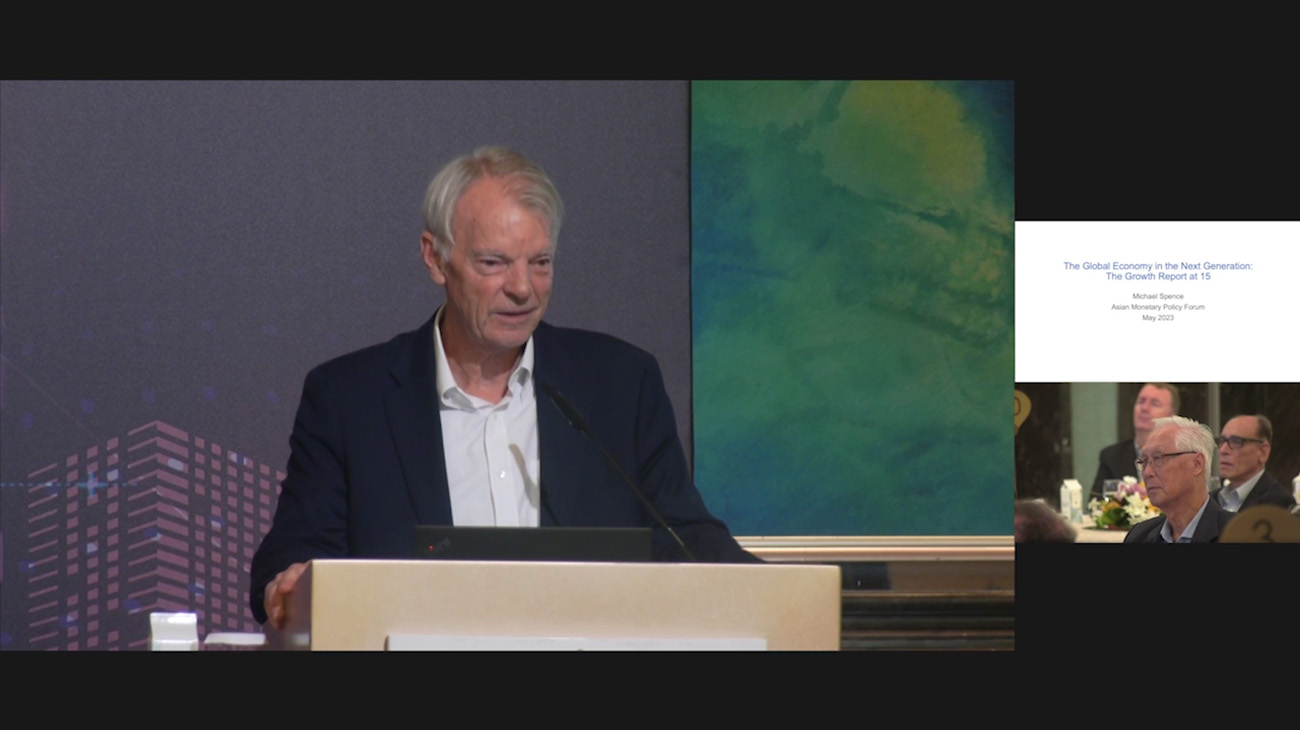Webinar Series
Session 1 - Education in Asia: Post Pandemic
19 January 2022, 9:30 pm (SGT)
On 19 January 2022, Harvard’s Center for International Development (CID), the Asian Bureau of Finance and Economic Research (ABFER), and the Lakshmi Mittal and Family South Asia Institute at Harvard University co-sponsored the first of a three-part series, Post Pandemic: Driving Inclusive Growth in Asia. CID Director and Professor at Harvard Kennedy School, Dr. Asim Khwaja, moderated the first event titled Education in Asia: Post Pandemic. The event brought together a diverse panel of experts in Asia: Dr. Bernard Tan, Senior Vice Provost and Shaw Professor in Information Systems and Analytics at the National University of Singapore (NUS); Dr. Jishnu Das, Professor at the McCourt School of Public Policy and the Walsh School of Foreign Service at Georgetown University; and Dr. Rukmini Banerji, CEO of Pratham Education Foundation in India.
Dr. Khwaja posed several questions to the panelists: how can we recognize and utilize the learnings from the pandemic to restructure the education system for a flourishing post-pandemic future? How can we utilize this time to make situations better than they were before the pandemic, and what do these changes look like?
Dr. Tan opened with, “the best thing we can do about the pandemic is to not waste the pandemic.” With this, he gave the audience examples of the changes that NUS has implemented, such as incorporating interdisciplinary education for students and recognizing that students need to learn and re-learn their entire lives, as the world undergoes changes at much faster rates than ever before. He would like NUS to continue implementing curriculum reforms, allowing for more fluidity and creativity, and encouraging community-based learning with diverse groups of students.
The conversation shifted to Dr. Das, who spoke pointedly about what the indicators of educational success mean for the future of the system. Instead of worrying about how many years of schooling a student missed from the pandemic lockdown, he argued that we need to trust educators to adapt and find the best way to effectively teach students when they return to school. Dr. Das emphasized unprecedented opportunities in digital education, as the pandemic tore down many physical barriers limiting access to quality education. In many small schools throughout South Asia, even in remote villages, he encouraged teachers to use technology to engage with more students outside of their village—allowing the best teachers to reach a higher number of students.
Lastly, Dr. Rukmini Banerji provided listeners with space to reimagine a new system of education. In India, her organization’s research has identified several key factors to consider in rebuilding the education system. First, teachers should engage directly and often with the community of parents, encouraging them to be a part of their children’s holistic learning. Second, school should move beyond solitary paper tests and age-based curriculum and encourage students of all ages to spend part of the day learning in groups together. She ended with an exhortation to rebuild: “Seize the moment. Things were not right before; let’s not go back to using those systems.”
Speakers
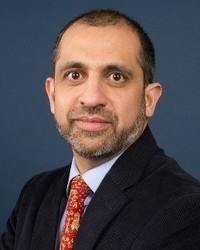 |
Chair: Prof Asim I. Khwaja Director of the Center for International Development; Sumitomo-Foundation for Advanced Studies on International Development Professor of International Finance and Development, Harvard Kennedy School, Harvard University and Senior Fellow of ABFER |
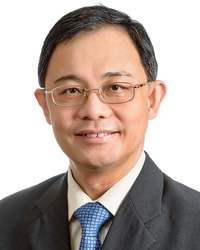 |
Prof Bernard Tan Senior Vice Provost and Shaw Professor in the Department of Information Systems and Analytics, National University of Singapore |
 |
Prof Jishnu Das Professor, McCourt School of Public Policy and the Walsh School of Foreign Service, Georgetown University |
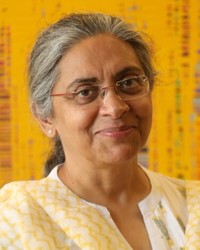 |
Dr Rukmini Banerji Chief Executive Officer, Pratham Education Foundation |
The next two sessions of Post Pandemic: Driving Inclusive Growth in Asia will take place at 9:30 pm SGT / 8:30 am EST on the following dates. Click here to register:
Session 2: 16 February 2022
Healthcare in Asia: Post Pandemic
Chaired by: Prof Tarun Khanna, Harvard Business School
Session 3: 16 March 2022
Economic and Social Policies driving Social Cohesion in Asia: Post Pandemic
Chaired by: Prof Danny Quah, National University of Singapore and ABFER


